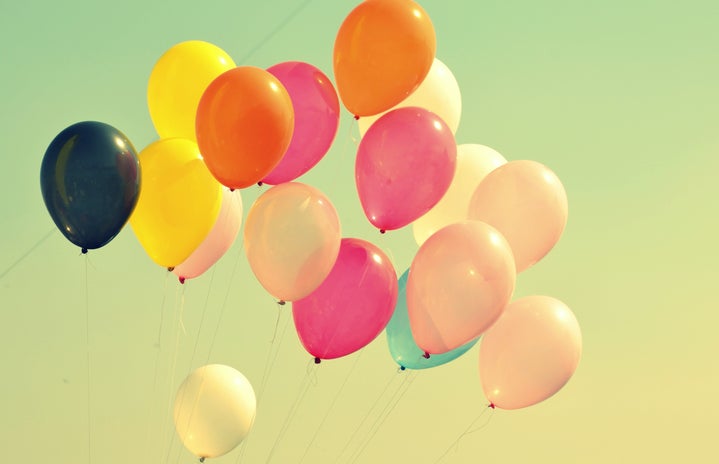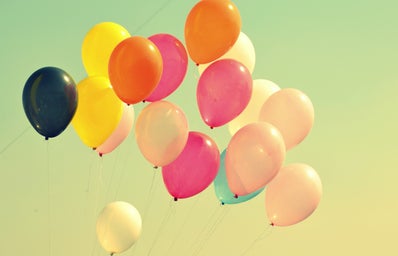Gardening is usually seen as something that’s very hard to do or something that specifically requires a green thumb. Growing your own fruits and vegetables could be the easiest and healthiest thing you might do. Eating from, literally, the fruit of your efforts also makes you feel closer to nature.
The time that it takes to start your own little garden may also help you with healing and with getting into pace with a great hobby!
Here are some tips to get started!
Picture: Natalie Heredia Albino / Tomato
The first thing you need to do is take note of the climate where you live, and what plants are easiest to grow in the type of weather that your country has. In Puerto Rico, you can plant many things such as papaya, coconut, bananas, plantain, tomatoes, lettuce, broccoli and more!
Interview with a Professional.
Yanuel Charriez
College Bachelor’s Degree Graduate in Biology
HCUPR: What do you need to create a garden?
Yanuel Charriez: “To make a garden, first you must choose where you are going to do it. You need at least 6 hours of light so that the plants are getting enough sun. If you do not have that minimum, it is difficult for the plants to grow—be it plants for your consumption or aromatic, all plants need sun. When you choose the area, take into consideration whether you live in an apartment or a house, if you are going to do it in a plot or in your backyard, or in a place where it’s sunny or shady. It also depends on the soil you’re going to use. It is very common for people to go to Home Depot or to an agrocenter to buy the soil, but there are other ways to get it. You also have to keep in mind that not all land is good for gardening. For example, you can make a healthy mix of any forest or pasture soil because this land contains nutrients and microorganisms that are important for the soil where you are going to grow the plants. You can have the best plant in the world or the best seed, but if your land is not suitable to feed the plant, then it’s not worth having it. When buying plants or seeds and forming an idea of what you want, keep in mind the space you have and the space that it takes to grow the plant you want. In summary, having good soil, light and water are some important factors to have a garden. Everything is trial and error, not everything will turn out right the first time. It takes a lot of desire and patience to make a garden. Creating a garden also teaches you to have patience.”
HCUPR: What are some plants that grow best here?
YC: “PR is a tropical country, which means that it is possible to sow from January to December. There are plants that grow better than others, for example, many people like citrus plants. Most of the houses in the countryside will have a lemon tree in their yard. I recommend them for a garden, we recommend plants that have a short cycle. Of course, for a small garden, large-rooted trees are not recommended. Fast-growing plants are lettuce, peppers, recao, and tomatoes, although the tomato is not so easy for beginners.”
What are some tips to water plants correctly?
YC: “Never pour a lot of water on a plant because it can drown, especially if you have a potted plant. You must make sure that it has holes at the bottom because plants, like us, need to breathe through their roots. If the plant’s roots are flooded, it runs out of oxygen and dies. I can tell you from experience, once I bought a Tiger Lily if I’m not mistaken, and the pot didn’t have any holes at the bottom. One day it rained, and it drowned. However, it is important that the soil is moist, which you can tell through observation and through touching the earth as well. If it is wet, then it is not necessary to water it.”
What are some tips to help prepare the ground?
YC: “It is helpful to have a good mix of compost. You can make your own compost or fertilizer with household items, like a coffee grind, eggshell, and other things. It is also good to have a fertilizer that is 20/20/20 that has the necessary nutrients to be able to feed the plant well. You can buy your own compost. It is always important to add organic matter to the soil. Also, you must move the earth a lot to provide oxygen to the seed and let it germinate. From time to time, it is good to throw one or two pebbles in where they can hold on.”
What are some plants that are fast to grow and/or can grow in pots? Also, What are some good plants to grow in apartments?
YC: “Some plants that grow quickly in pots or in apartments (with light) are beans and pigeon peas. They germinate in a week and in 70 days they sprout the beans, and they do not take up much space either. The weather and the depth of planting are also factors to be taken into consideration. For apartments without much light, I recommend growing aloe, mother-in-law tongue, cactus, basil and some aromatic plants.”
“Some plants that grow quickly in pots or in apartments (with light) are beans and pigeon peas. They germinate in a week and in 70 days they give you the beans, they do not take as much space either. The weather and the depth of planting also depend. For apartments without much light, are the aloe, mother-in-law tongue, cactus, basil and some aromatic plants.”
What are some easy maintenance plants for those who don’t have a green thumb?
YC: “I recommend the witch oregano, all the way. You can grow it by just throwing the leaf on the ground. Even so, every plant requires basic maintenance. The difference between witch oregano and normal oregano is the size of its leaf—the witch oregano has a large leaf, and the normal has a small leaf. Oregano is very good for teas, and also works for cooking.”
What are some pros and cons of making your own garden?
YC: “I think there aren’t many cons to making a garden. The hardest part people think is that they need to dedicate time and give maintenance to the plants. If you don’t give it the care it needs, you could lose the work you had initially done. The pros are many—the plants produce oxygen. Having a garden lowers stress, is considered a form of therapy, and there are studies that show that people with depression cope better when they work with the earth and plant. Many people see it as only dirt, but they’re not aware that there are microorganisms in it, all the life that runs through it, the earth is beyond “just dirt.” Another good thing about planting is that when you harvest what you sow, you have free food. At least for me, the process of seeing the plant grow and waiting to see the result of the plant is very satisfactory; you are giving life to something. It’s healthy to share your products with other people around you, be it a community garden or with your neighbors. The best part is that you are doing good for nature.”
So, go ahead! Start your own garden.


